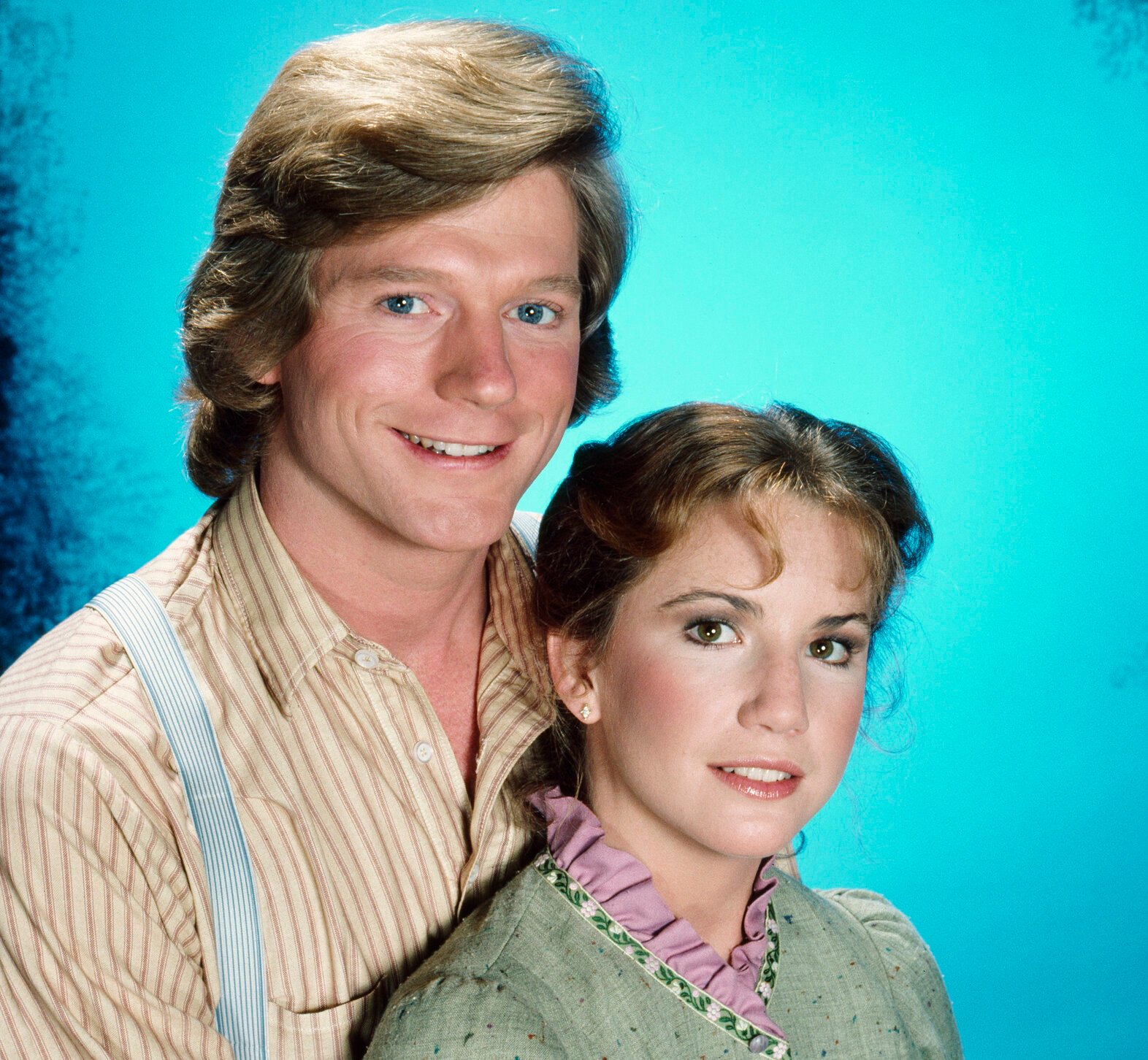Have you ever wondered why Almanzo Wilder, the steadfast and loving husband of Laura Ingalls Wilder, affectionately calls her “Beth” in the beloved “Little House” series? It’s a recurring phrase in the books, creating a sense of intimacy and endearment, hinting at a special bond between the two. But what’s the deeper meaning behind this seemingly simple nickname? Is it just a whimsical choice, or does it signify a deeper connection and sentiment?

Image: www.pinterest.com
The answer lies in a blend of literary nuances, historical context, and the personal history of Laura Ingalls Wilder. Exploring this unique relationship allows us to delve into the complexities of personal affection and reveals the enduring power of literature to evoke emotions and create lasting relationships with characters, even decades after their fictional lives unfold.
A Literary Echo of a Beloved Character
The nickname “Beth” holds particular significance for those familiar with Louisa May Alcott’s timeless novel, “Little Women.” Within the pages of that beloved story, Beth March, the gentle and musically gifted sister, captures the heart of readers with her quiet grace and unwavering kindness. Almanzo’s use of “Beth” to address Laura is a poignant literary echo, suggesting an inherent connection between Laura and the idealized character of Beth March.
This literary reference transcends a simple nickname; it becomes a powerful symbol. It suggests that Almanzo sees in Laura the same qualities that endeared Beth to readers: her gentle nature, her unwavering spirit, and her profound love for family and home. By calling her “Beth,” Almanzo not only displays a deep affection but also elevates Laura to the fictional pedestal of a beloved literary hero, implying an admiration for her character beyond the usual bounds of romantic affection.
The “Little Women” Connection
Laura Ingalls Wilder, the author behind the “Little House” series, was a voracious reader from a young age. It’s highly likely that she was intimately familiar with “Little Women” and cherished the character of Beth. The novel’s impact on young Laura is undeniable. It’s reasonable to assume that Laura held Beth March as a model of femininity, finding inspiration in her gentle spirit and unwavering compassion.
This connection between Laura and Beth becomes even more powerful when considering that Almanzo, her future husband, was also deeply familiar with “Little Women.” He and Laura shared a profound interest in literature, and it’s possible that they discussed the book and its characters, sharing a common appreciation for the characters and their stories. Hence, using “Beth” as a nickname could have been a mutual choice, embodying their shared admiration for the novel and its themes.
A Personal Touch
Beyond the literary connection, “Beth” could have held a very personal meaning for Almanzo. He may have seen a reflection of his own beloved Laura in Beth March, recognizing those same virtues and qualities that he cherished in his own wife. The nickname, then, transcends the boundaries of borrowing from literature and becomes a symbol of his individual and personal perception of Laura.
Perhaps Almanzo saw Laura’s gentle nature, her unwavering strength in the face of adversity, and her unwavering love for family as echoes of Beth March. By calling her “Beth,” he not only expresses his affection but also acknowledges the qualities he admired most in her, solidifying their unique bond.

Image: www.cheatsheet.com
Adding Depth to a Literary Couple
The use of “Beth” adds a layer of depth and complexity to the characters of Laura and Almanzo. It transcends the typical romantic relationship, revealing a connection rooted in shared admiration, literary appreciation, and genuine understanding. This unique dynamic elevates their relationship beyond mere romance, showcasing a partnership anchored in mutual respect and shared values.
The moniker “Beth” acts as a silent testament to their enduring love, a subtle reminder of their shared history, literary appreciation, and the values they hold dear. It transforms a simple nickname into a powerful symbol of their connection and underscores the depth and complexity of their relationship.
Continuing the Legacy
Even today, the “Little House” series continues to captivate generations of readers. Almanzo’s use of “Beth” resonates with readers, adding a touch of intimacy to their storytelling. It’s a reminder of the power of literature to evoke powerful emotions, spark conversations, and even influence personal relationships.
The simplicity of the nickname “Beth” encapsulates a complex interplay of emotions, shared experiences, and profound literary influence. It underscores the human element in storytelling, reminding us that characters, even fictional ones, can leave an enduring impact on readers long after their stories are read.
Why Does Almanzo Call Laura Beth
Conclusion
Why does Almanzo call Laura “Beth”? The answer, like most mysteries in literature, unfolds through layers of nuance and symbolism. It’s a testament to the enduring power of books and their ability to resonate with readers across generations. The simple nickname “Beth” becomes a symbol of shared literary appreciation, a personal expression of affection, and a silent testament to the profound connection between Almanzo and Laura. It’s a reminder that even the smallest details in literature can leave a lasting impact on readers, and that even fictional characters can possess an extraordinary ability to touch our hearts and inspire our imaginations.






